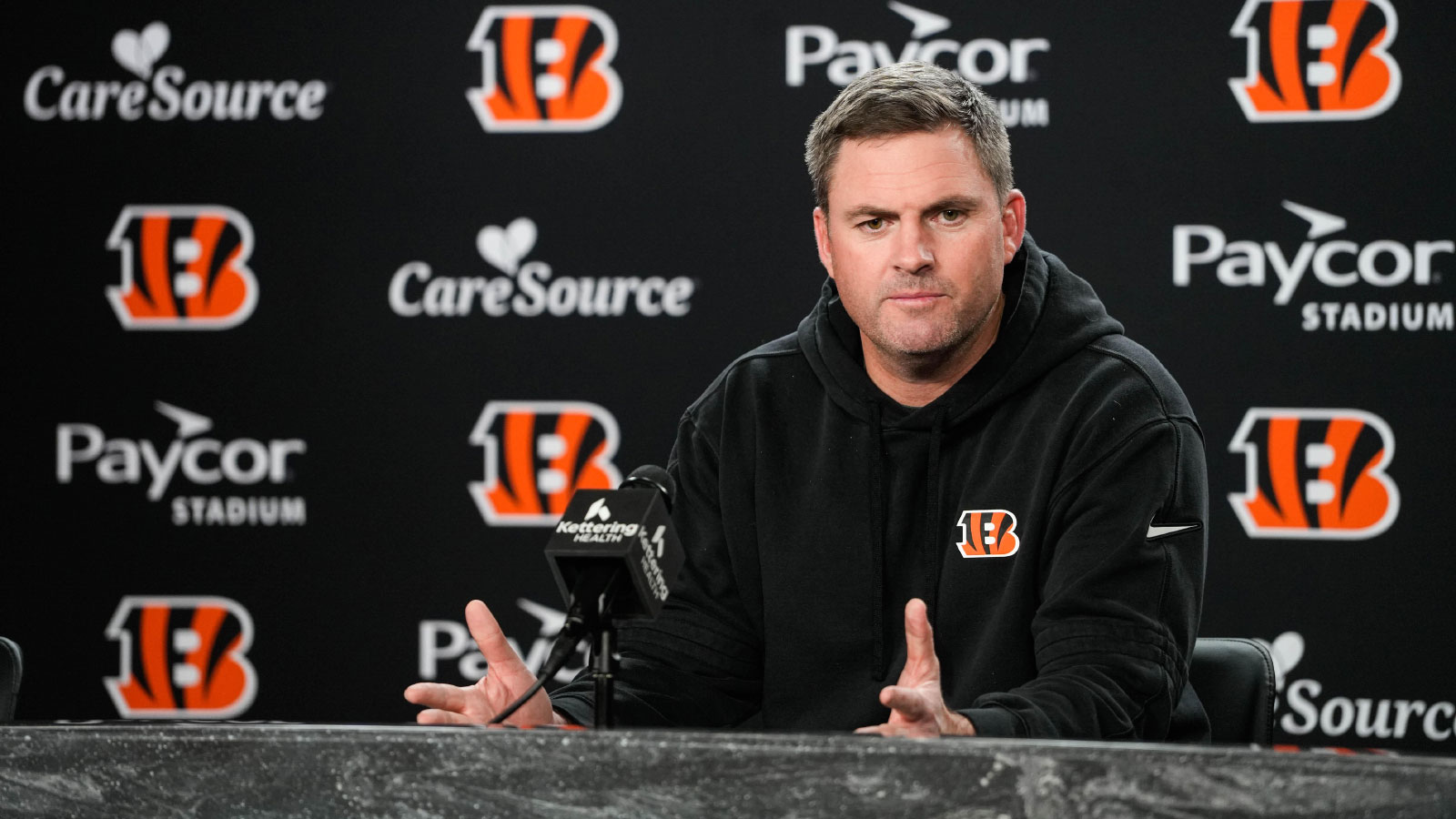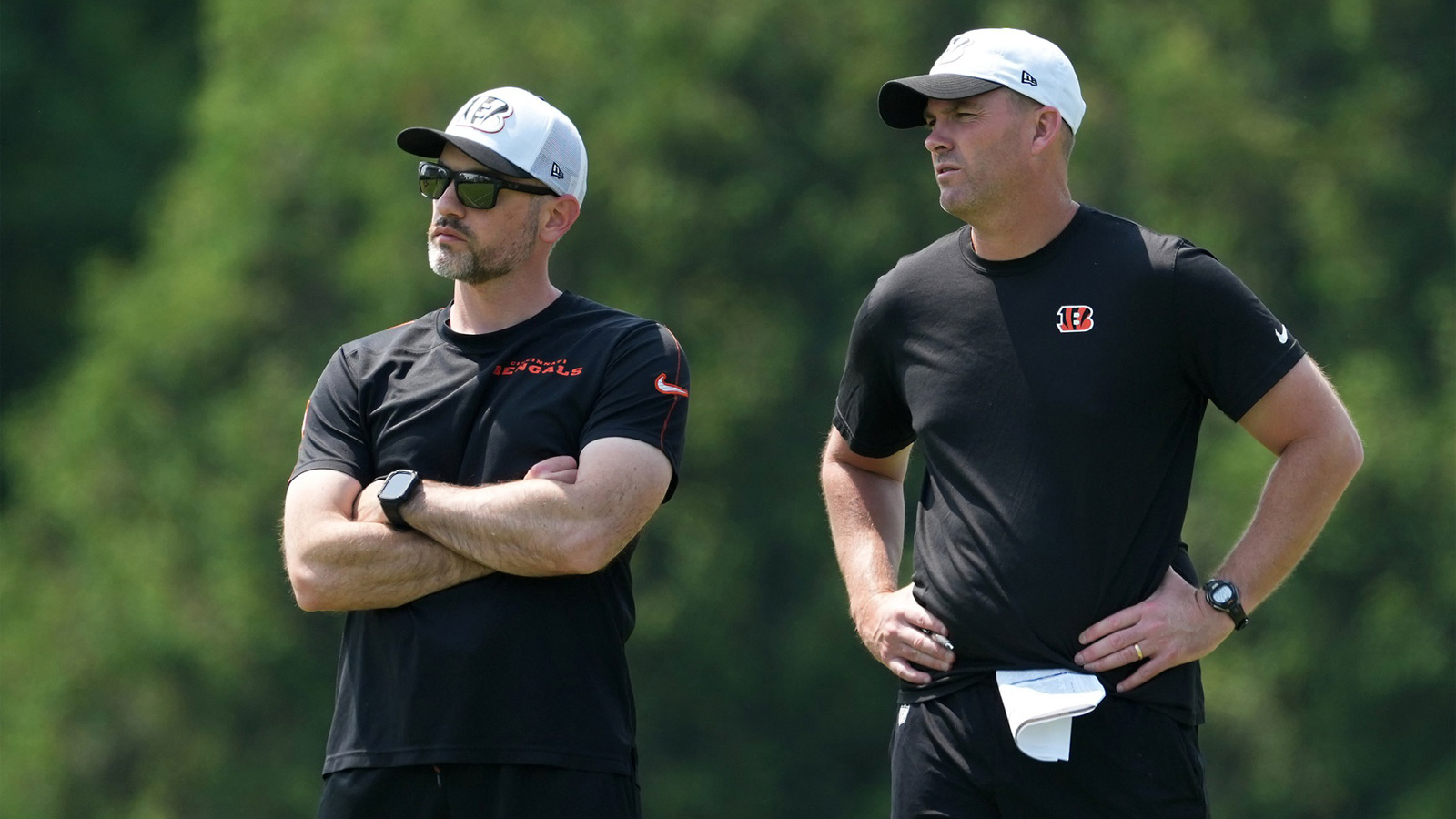The Cincinnati Bengals may be preparing for another competitive AFC season, but center Ted Karras is making headlines for more than just football. In a recent locker room interview, the veteran lineman and NFLPA vice president proposed a reform that could reshape how pension eligibility works for players across the league.
During a Labor Day interview, ESPN’s Ben Baby asked the Bengals offensive lineman and NFLPA vice president what one change he’d make to NFL policy—a question that led to a pointed response about a long-standing gap in the league’s benefit structure, which Baby later shared on his X (formerly known as Twitter) account.
“In honor of Labor Day, I asked Bengals center and NFLPA vice president Ted Karras if he could make one change.
His response: Make two years of being on the practice squad equal one year of service time toward a player's pension.”
In honor of Labor Day, I asked Bengals center and NFLPA vice president Ted Karras if he could make one change.
His reponse: Make two years of being on the practice squad equal one year of service time toward a player's pension. pic.twitter.com/OIPGVllV2y
— Ben Baby (@Ben_Baby) September 1, 2025
The proposal, now gaining traction after being retweeted by Adam Schefter, quickly sparked discussion among fans, media, and labor advocates. The NFLPA initiative would allow players like quarterback Jake Browning—who has spent four seasons on practice squads—to receive pension credit for their contributions, even without consistent time on an active roster.
Currently, NFL practice squad pension rules offer no credited time. Players must accrue three full credited seasons—defined by active roster eligibility—to qualify for a pension. Under Karras’s proposed change, every two seasons on the practice squad would count as one credited season.
The Bengals locker room interview wasn’t just about policy—it revealed Karras’s commitment to the many players who grind behind the scenes without long-term benefits. Karras argued that practice squad players attend every meeting, every practice, and contribute to game preparation, yet receive little recognition or security.
As a team captain and respected leader in the Cincinnati locker room, his voice carries significant weight. His proposal sheds light on a specific issue while contributing to the broader conversation about NFL player welfare and equitable treatment.
With the current CBA set to expire in 2030, the proposal comes as the NFL begins early discussions on future labor reforms. Whether or not it gains traction in formal negotiations, the two-time Super Bowl champion with the New England Patriots has already sparked a meaningful conversation—presenting a practical, timely idea that underscores the need for long-term security, even for practice squad players.




















